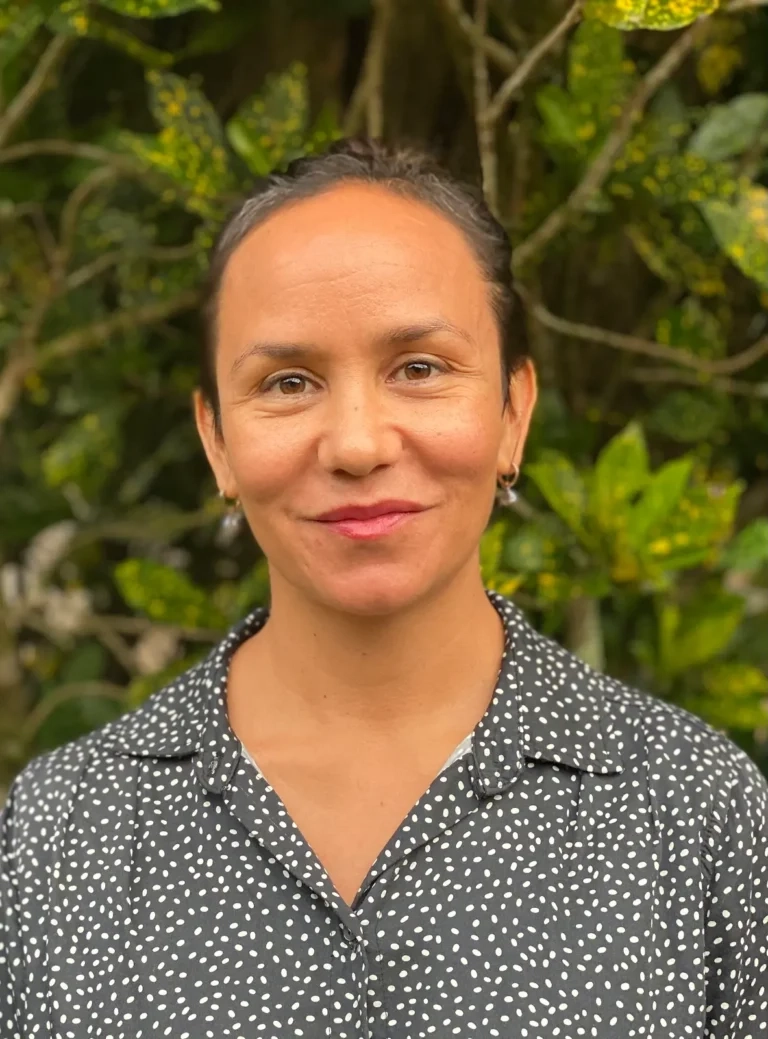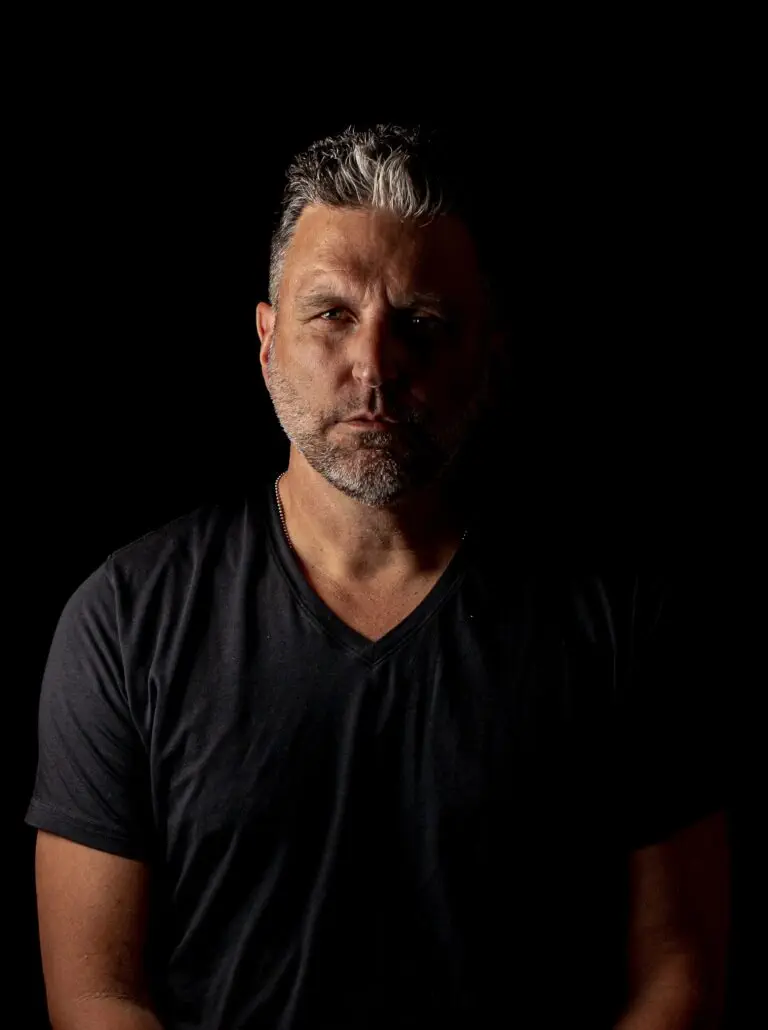Hawaii Trauma Treatment Center
Trauma is the response to a distressing or deeply disturbing event that overwhelms an individual’s ability to cope.
At Maui Recovery, we provide specialized trauma treatment programs for lasting healing. Trauma impacts individuals uniquely, with reactions varying widely.
Trauma is often defined by responses to distress rather than its cause. Individuals can respond differently to the same traumatic event. Trauma is about both what happened and what didn’t—a lack of healthy attachments in early life can affect relationships in adulthood.
Recognizing trauma effects helps identify signs early for essential treatment.
Maui Recovery offers luxury drug addiction treatment and mental health treatment in Hawaii. Contact us today to learn more about how our trauma-trained therapists can help you or a loved one.
Statistics on Trauma in the United States
Research highlights the profound impact of trauma on individuals, families, and communities across the United States.
- A comprehensive World Mental Health survey revealed that more than one-third of the 125,000 individuals surveyed had experienced trauma.
- According to the National Center for PTSD, approximately 5% of adults in the U.S. suffer from PTSD in any given year, equating to about five out of every one hundred individuals.
- In 2020, an alarming thirteen million Americans reported struggling with post-traumatic stress disorder, a debilitating mental health condition often triggered by traumatic events.
It’s essential to recognize that not all treatment centers are equipped to address the complex emotional issues associated with trauma. When seeking a treatment facility for yourself or a loved one, it’s crucial to ensure they specialize in diagnosing and treating your specific condition.
What Are the Symptoms of Trauma?
While each person experiences trauma differently, there are some common symptoms that most people experience, including:
- Avoidance. It is common for trauma survivors to avoid any reminders of the traumatic event they experienced, including people, places, conversations, or activities that may trigger unwanted emotions or memories of what happened.
- Intrusive thoughts. Many people experience persistent and distressing flashbacks and nightmares as a result of trauma, which can feel like they are reliving the event all over again.
- Hyperarousal. Those who have experienced trauma may constantly feel on edge, nervous, or easily startled, which can lead to sleep issues or trouble concentrating.
- Changes in beliefs. Trauma survivors often experience a change in their values or beliefs and may question their safety in the world and how much they can trust others and themselves.
- Social withdrawal. Self-isolation is a typical response to trauma where individuals may withdraw from relationships or activities to help them cope with their emotional distress.
If you are experiencing symptoms of trauma or finding it difficult to cope, you must speak to your doctor or a mental health professional who can advise you on effective treatment options and next steps.
Early treatment intervention can help you avoid some of the long-term effects of trauma, allowing you to process and reframe your experiences so they no longer hold you back or prevent you from living your life.
Different Types of Trauma
Experts explain that trauma can be categorized into several different types, including the following:
- Acute trauma – occurs as a result of a single traumatic event that is often sudden and unexpected, such as a car accident, physical assault or natural disaster.
- Chronic trauma – involves repeated exposure to distressing events that occur over an extended period, such as domestic violence, living in a war zone, or ongoing neglect or abuse.
- Complex trauma – occurs when a person experiences multiple traumatic events, usually in childhood. Complex trauma is often the result of interpersonal trauma such as abandonment, neglect or abuse from a parent or caregiver.
- Developmental trauma – refers to traumatic events that occur during vital stages of an individual’s development (i.e., childhood). Traumatic experiences during this stage of development can have a lasting impact on a person’s cognitive, emotional, and social development.
The Importance of Trauma Treatment
Adopting a personalized treatment approach yields the most effective and enduring outcomes for individuals recovering from trauma and various other mental health conditions. You can significantly enhance your recovery journey by tailoring treatment programs to your unique needs, goals, and preferences.
At Maui Recovery, we offer comprehensive and personalized treatment for a wide spectrum of emotional issues, including substance addiction, anxiety, depression, trauma, and PTSD. Our goal is to provide you with the reassurance and guidance necessary to make informed decisions about your treatment plan.
Why Choose Maui Recovery For Trauma Treatment in Hawaii
Our trauma treatment programs at Maui Recovery are designed to provide a comprehensive and personalized approach to healing from trauma. We go beyond conventional therapies, offering a range of evidence-based treatments and innovative modalities tailored to each individual’s unique needs.
Evidence-Based Therapies
Maui Recovery incorporates proven therapies such as Cognitive Behavioral Therapy (CBT), Dialectical Behavior Therapy (DBT), Mindfulness-Based Stress Reduction (MBSR), and Motivational Interviewing (MI). These therapies help individuals develop coping strategies, enhance emotional regulation, and build healthier thought patterns.
Nature Therapy
Immerse yourself in Hawaii’s natural beauty through our nature therapy program. By combining therapeutic techniques with the tranquil environment of our surroundings, individuals can experience profound healing. Nature therapy promotes relaxation, reduces stress, and encourages a deeper connection with oneself and the environment.
Surf Therapy
Discover the transformative power of surfing as a therapeutic tool. Surf therapy at Maui Recovery combines physical activity, mindfulness, and empowerment to support trauma recovery. Riding the waves can instill a sense of achievement, boost confidence, and foster a renewed sense of control and well-being.
Adventure Therapy
Our adventure therapy program challenges individuals to step outside their comfort zones and confront fears in a supportive environment. Through outdoor activities and team-building exercises, clients develop resilience, strengthen interpersonal skills, and gain a newfound sense of empowerment.
Holistic Approach
At Maui Recovery, we take a holistic approach to trauma treatment, addressing the “whole” person rather than just the symptoms. In addition to evidence-based therapies, we integrate nature immersion, equine therapy, and cultural experiences to promote comprehensive healing of the mind, body, and spirit.
Additional Trauma Therapies
Explore advanced trauma-focused therapies such as Eye Movement Desensitization and Reprocessing (EMDR), Somatic Experiencing, Prolonged Exposure Therapy (PET), and Trauma-Focused Cognitive Behavioral Therapy (TF-CBT). These specialized therapies help individuals process and release stored emotions associated with traumatic experiences in a safe and supportive environment.
Hawaii Trauma Treatment Center
Recovery from trauma is achievable with the right support and treatment. Contact Maui Recovery today to learn more about our personalized trauma treatment programs and take the first step towards healing and reclaiming your life. Our team of trauma specialists, addiction counselors, and recovery therapists is here to guide you on your journey to recovery.
FAQs
Below are a few commonly asked questions about mental trauma and how to cope with it:
What is Trauma?
Trauma is described as a deeply distressing or disturbing experience that can have long-lasting effects on an individual’s mental, emotional, physical, and spiritual well-being.
Those who have experienced trauma may struggle to cope or make sense of what has happened, leading to various complications in an individual’s life, including:
- Relationship difficulties
- Trust issues
- Feeling as though the world is no longer safe
- Depression and anxiety
- Unhealthy coping mechanisms, such as alcohol or drug abuse, to cope with unpleasant memories, feelings and emotions related to your trauma
- Emotional dysregulation
- Post-traumatic stress disorder (PTSD)
There are many other symptoms that unresolved trauma can produce. Contact a professional for individualized help.
What Events Can Cause a Trigger?
Common examples of traumatic events include the following:
- Physical violence
- Emotional abuse
- Natural disasters
- Severe health crisis or injury
- The sudden loss of a loved one
- Combat violence
The impact of trauma varies widely among individuals, with some being able to recover and move forward more quickly than others.
In contrast, some people may struggle with persistent feelings of fear, anxiety, horror, and helplessness as a result of a traumatic event or experience, requiring them to seek treatment from a mental health specialist.
What Are Other Types of Trauma?
As well as those mentioned above, researchers have identified additional types of trauma, each with its own set of diagnostic criteria, symptoms, and treatment.
They include:
- Vicarious trauma (also called secondary trauma)
- Historical or intergenerational trauma
- Medical trauma
- Community trauma
Understanding the different types of trauma can help you recognize the various symptoms and treatment options available so that you can begin to explore what kind of therapy suits you and your needs best.
Trauma Treatment at Maui Recovery
Maui Recovery provides personalized trauma treatment programs to clients at our luxury Hawaiian recovery center. We offer a variety of trauma treatment services, including evidence-based treatments such as cognitive behavioral therapy, clients recovering from trauma (and other co-occurring mental health issues) have the unique opportunity to participate in various nature-based and creative approaches to trauma treatment and recovery. Contact us today to learn more about our trauma treatment center in Hawaii.

Your recovery awaits
Meet our team






















